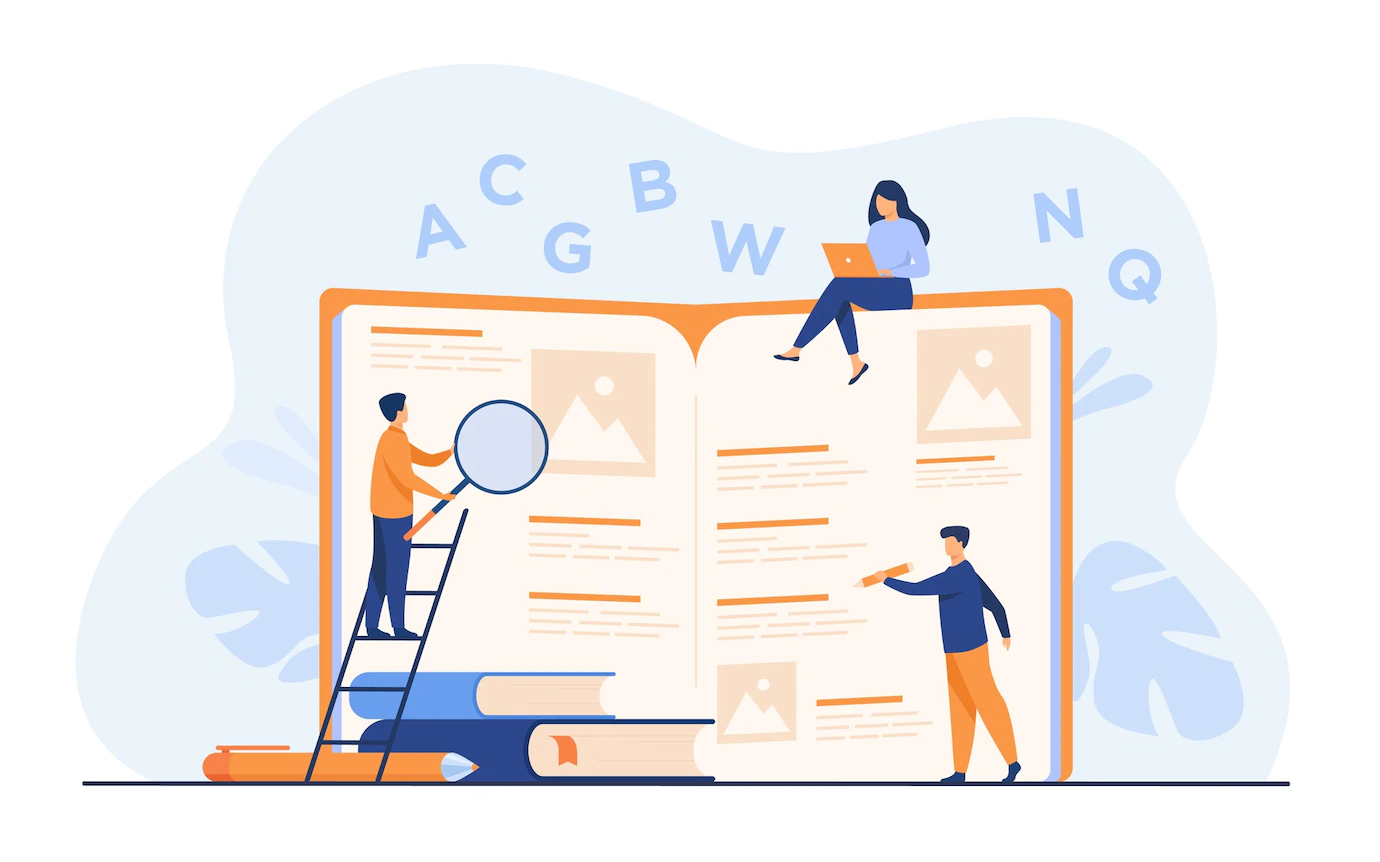Contact: +91 99725 24322 |
Menu
Menu
An API, or Application Programming Interface, is a set of rules, protocols, and tools that allows different software applications to communicate and interact with each other. It defines how software components should interact, enabling seamless integration and data exchange between systems.
How do APIs work?
APIs work by exposing a set of endpoints or functions that other software applications can use to request and exchange data. When an application makes a request to an API, the API processes the request, performs the necessary actions, and returns a response, typically in a standardized format such as JSON or XML.
What are the types of APIs?
There are several types of APIs, including:
Web APIs: APIs that are accessed over the internet using standard protocols such as HTTP.
RESTful APIs: APIs that adhere to the principles of Representational State Transfer (REST), providing a stateless, uniform interface for interacting with resources.
SOAP APIs: APIs that use the Simple Object Access Protocol (SOAP) to define message formats and communication protocols.
GraphQL APIs: APIs that enable clients to request and retrieve specific data by specifying the structure of the response.
Library APIs: APIs provided by programming libraries or frameworks to facilitate software development.
What are the benefits of using APIs?
Using APIs offers several benefits, including:
Simplified integration: APIs streamline the process of integrating different software systems, allowing for seamless communication and data exchange.
Improved efficiency: By providing access to pre-built functionalities, APIs help developers save time and effort in building new features or capabilities.
Enhanced flexibility: APIs enable developers to leverage external services and resources, expanding the functionality of their applications without reinventing the wheel.
Scalability: APIs support scalable architectures, enabling applications to handle increased workload and user traffic effectively.
Innovation: APIs foster innovation by enabling developers to build upon existing services and create new applications and services.
How are APIs used in software development?
APIs are used extensively in software development for various purposes, including:
Integrating third-party services: Developers use APIs to integrate functionality from external services or platforms into their applications, such as payment gateways, social media platforms, or mapping services.
Building microservices architectures: APIs facilitate communication between microservices in distributed systems, enabling modular development and deployment.
Exposing internal functionalities: Developers use APIs to expose internal functionalities of their applications, allowing other applications or developers to access and use these features.
Creating custom extensions: APIs enable developers to create custom extensions or plugins for software platforms or frameworks, extending their functionality to meet specific requirements.
